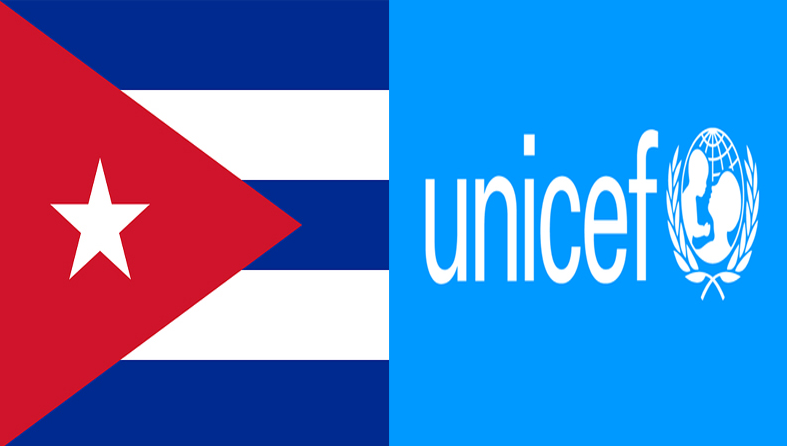The representative of the United Nations Children’s Fund (Unicef) in Havana, Alejandra Trossero, said that difficulties in mobilizing resources today limit the scope and impact of the agency’s work in Cuba.
Unlike other countries, Cuba has a reduced group of donors due to the problems we know and the sanctions it receives.
In statements to Prensa Latina she said “There are many difficulties to articulate donations and cooperation.”
These circumstances “put the country at a disadvantage, especially with regard to financing for development, because there are very great limitations to obtain the specific funds it needs”, she added.
In spite of this, she is “very satisfied with Unicef’s results in the country during 2023, “mainly because it maintains very positive working links” with state agencies and institutions.
We worked tirelessly in the maternal and infant area, with emphasis on “strengthening the capacities of health professionals to care for newborns with low birth weight or other complications”, she commented,.
We reinforced neonatology services in 19 centers, bringing the necessary supplies to save lives, and at the same time we trained nearly 5,000 professionals in that area alone, said Trossero, Unicef representative in Cuba since January 2022.
“We also bring vaccines. Cuba has great capacity to produce them, but one in particular, for children under one year of age, it cannot produce. We have the commitment to bring them every year,” she explained. “Last year we brought 93 thousand doses of the so-called triple vaccine (it can prevent measles, mumps and rubella), she added.
In 2023, the “cold chains were also strengthened to transport and protect vaccines”, in addition to “incorporating high-performance ambulances to assist pregnant women in critical condition, which will allow reaching more than 30,000 pregnant women”.
All this work, she stressed, was possible due to the coordination and joint efforts with the Pan American Health Organization and the World Food Program, among other agencies.
I would like to highlight the support for the nutrition of pregnant women and newborns. We promote breastfeeding as the best food and, together with the government, we work to ensure dietary diversity for the mother and thus guarantee good nutrition for the child, she said.
Obviously, she said, we want to do a lot more, because we know the difficult situation of the country…, and the truth is that sometimes we feel a little frustrated for not being able to, although we do everything we can.”
“One of the biggest concerns is the lack of pediatric medicines. It is a priority to obtain financing to be able to bring them. I know the reality of the country and this is a strong personal commitment, not only of Unicef,” she said.


